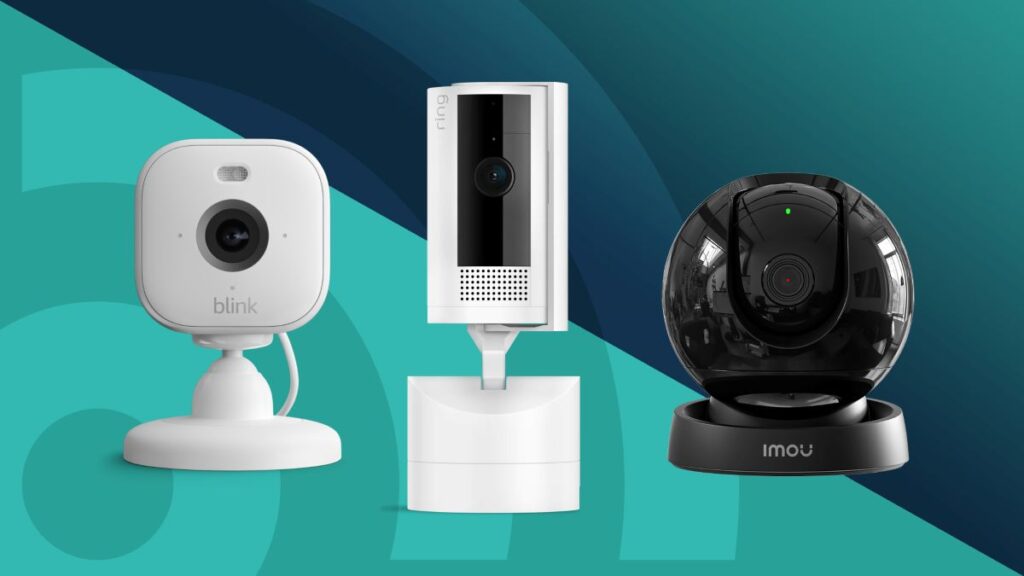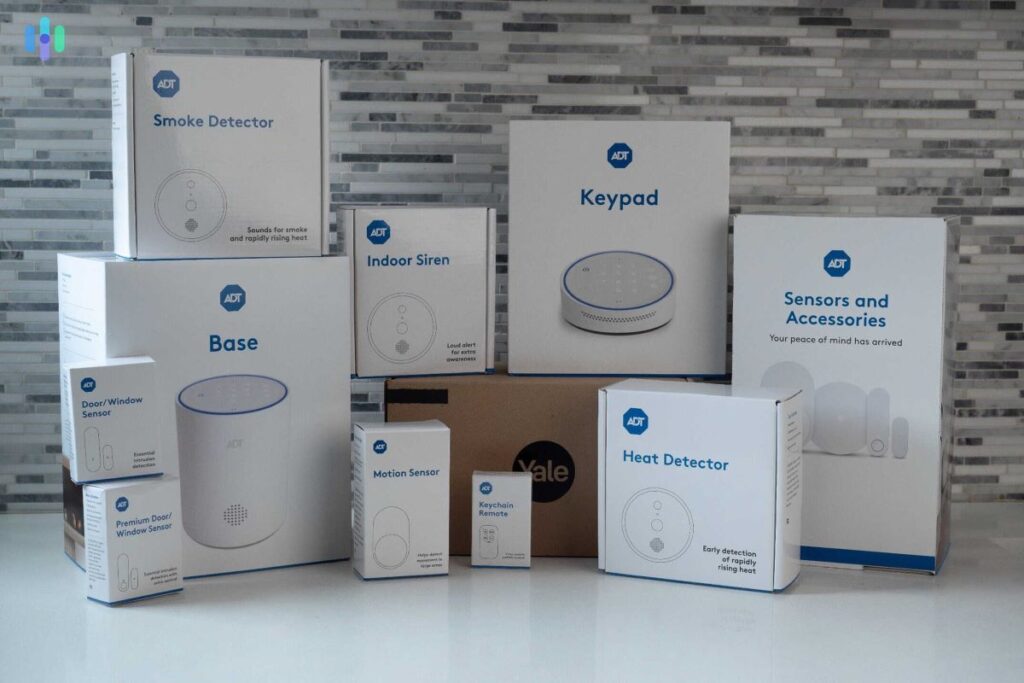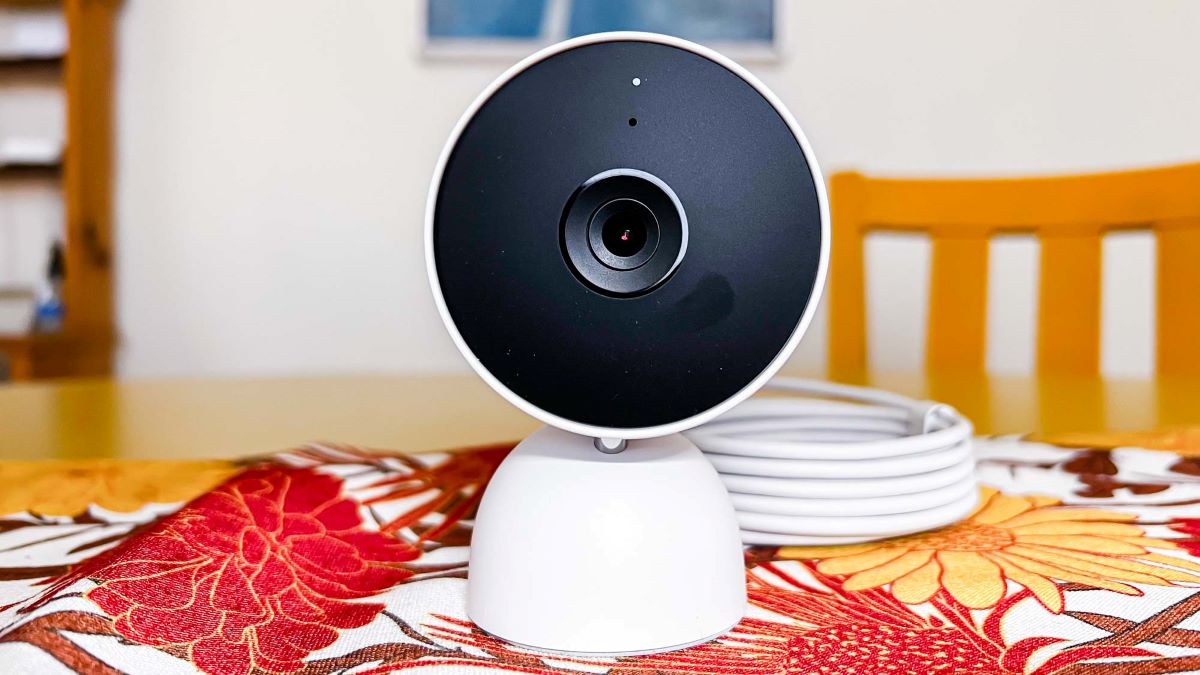In an age where safety and security are paramount, investing in a home security system has become a necessity for many households. With a plethora of options available, the installation of a security system can seem daunting. Understanding what to expect from professionals during the installation process can alleviate concerns and ensure that your home is adequately protected. This article delves into the various aspects of home security system installation, providing insights into what homeowners can anticipate when engaging with professionals.
Understanding Home Security Systems
Before delving into the installation process, it is essential to grasp the types of home security systems available. These systems can range from basic alarm systems to advanced smart home integrations that monitor and control various aspects of your home.
Types of Security Systems
Home security systems can be broadly categorised into wired and wireless systems. Wired systems are typically more stable and reliable, as they are connected through physical cables. However, installation can be more invasive, requiring drilling and extensive wiring throughout the property.
On the other hand, wireless systems offer flexibility and ease of installation. They rely on Wi-Fi or cellular signals, making them less invasive and easier to set up. Many homeowners prefer wireless systems for their convenience, especially in properties where retrofitting a wired system may be impractical. Additionally, wireless systems often come equipped with mobile applications that allow users to monitor their homes remotely, providing peace of mind when they are away.
Components of a Security System
A comprehensive home security system usually comprises several key components, including cameras, motion detectors, door and window sensors, and control panels. Each component plays a crucial role in creating a secure environment.
For instance, security cameras provide visual surveillance, while motion detectors alert homeowners to any unusual activity. Door and window sensors serve as the first line of defence, notifying residents when entry points are breached. Understanding these components can help homeowners make informed decisions about their security needs. Furthermore, many modern systems now integrate with smart home technology, allowing for automation features such as scheduled lighting, smart locks, and even voice-activated controls. This integration not only enhances security but also contributes to energy efficiency and overall convenience in daily life.
Moreover, the importance of monitoring services cannot be overlooked. Many security systems offer professional monitoring, where trained personnel keep an eye on your home 24/7. In the event of an alarm trigger, these professionals can quickly assess the situation and alert the authorities if necessary. This added layer of security can be invaluable, particularly for those who travel frequently or have busy lifestyles, ensuring that their homes remain protected even when they are not physically present.
The Installation Process
Engaging professionals for the installation of a home security system ensures that the job is completed efficiently and effectively. The installation process typically involves several stages, each designed to ensure optimal performance and coverage.
Initial Consultation
The first step in the installation process is an initial consultation with the security professionals. During this meeting, the technicians will assess the property, discuss security concerns, and recommend suitable systems based on the homeowner’s needs. This is an excellent opportunity for homeowners to ask questions and clarify any doubts regarding the system’s functionality.
Professionals will often conduct a thorough evaluation of the property, identifying vulnerable areas that require additional protection. This assessment is crucial in determining the most effective placement of cameras, sensors, and other security components.
Customisation of the System
Once the assessment is complete, the next step involves customising the security system to fit the specific requirements of the home. This may include selecting the types of cameras, the number of sensors, and the integration of smart home features.
Customisation is vital, as it ensures that the system addresses the unique security challenges faced by the homeowner. For instance, a property with large windows may require additional window sensors, while a home with multiple entry points may benefit from enhanced camera coverage.

Installation Day
On the day of installation, homeowners can expect the professionals to arrive with all necessary equipment and tools. The installation team will typically start by setting up the control panel, which serves as the central hub for the security system.
Following this, the team will install cameras, sensors, and any additional components as per the customised plan. This process may take several hours, depending on the complexity of the system and the size of the property. Homeowners are encouraged to be present during the installation to ask questions and gain a better understanding of the system’s operation. Click here to get more about protecting systems for your family and property.
Post-Installation Support and Maintenance
After the installation is complete, the relationship between the homeowner and the security professionals does not end. Many reputable companies offer ongoing support and maintenance to ensure that the system continues to function optimally.
Training and Demonstration
Upon completion of the installation, professionals will often provide training to homeowners on how to operate the system. This training is essential, as it empowers homeowners to utilise the system effectively and respond appropriately in the event of an alarm.
During this demonstration, homeowners will learn how to access live feeds from cameras, receive alerts from sensors, and manage settings through mobile applications. Understanding these features can significantly enhance the security experience.
Regular Maintenance Checks
Regular maintenance checks are crucial for ensuring the longevity and reliability of the security system. Many companies offer maintenance packages that include routine inspections and updates to software or hardware as needed.
These checks can help identify potential issues before they escalate, ensuring that the system remains functional and effective. Homeowners are encouraged to schedule these maintenance visits at least once a year, or more frequently if the system experiences any issues.
Cost Considerations
When considering the installation of a home security system, it is essential to factor in the associated costs. The price can vary significantly based on the type of system, the number of components, and the complexity of the installation.
Initial Investment
The initial investment for a home security system can range from a few hundred to several thousand dollars. Basic systems with limited features may be more affordable, while advanced systems with smart technology and extensive monitoring capabilities can be considerably more expensive.
Homeowners should also consider the cost of professional installation, which is often a separate expense. While some may opt for DIY installation to save money, professional installation can provide peace of mind and ensure that the system is set up correctly.
Ongoing Costs
In addition to the initial investment, homeowners should be aware of ongoing costs associated with security systems. This may include monthly monitoring fees, maintenance costs, and potential upgrades as technology evolves.
Monthly monitoring fees can vary based on the level of service provided. Some companies offer basic monitoring, while others provide comprehensive services that include 24/7 surveillance and emergency response. Homeowners should carefully evaluate these options to find a plan that fits their budget and security needs. Visit https://www.police.qld.gov.au/safety-and-preventing-crime/home-and-multi-residential-security to get more about home and multi residential security.
Choosing the Right Professionals
Selecting the right professionals for the installation of a home security system is crucial for ensuring a successful outcome. Homeowners should consider several factors when making this decision.
Experience and Reputation
It is essential to choose a company with a solid reputation and extensive experience in the field of home security. Researching customer reviews and testimonials can provide valuable insights into the quality of service offered by different companies.
Additionally, seeking recommendations from friends, family, or neighbours can lead to trustworthy options. A reputable company will have a proven track record of successful installations and satisfied customers.

Licensing and Insurance
Before hiring a security installation company, homeowners should verify that the professionals are licensed and insured. This ensures that the technicians are qualified to perform the installation and that homeowners are protected in case of any accidents or damages during the process.
Licensing requirements can vary by state, so it is crucial to check local regulations. Insurance coverage is equally important, as it provides peace of mind knowing that any potential liabilities are covered.
Conclusion
Installing a home security system is a significant step towards safeguarding your property and loved ones. By understanding what to expect from professionals during the installation process, homeowners can make informed decisions that enhance their security.
From the initial consultation to ongoing support and maintenance, engaging with experienced professionals ensures that the system is tailored to meet individual needs. By considering factors such as cost, reputation, and licensing, homeowners can select the right company to provide peace of mind and protection for years to come.

